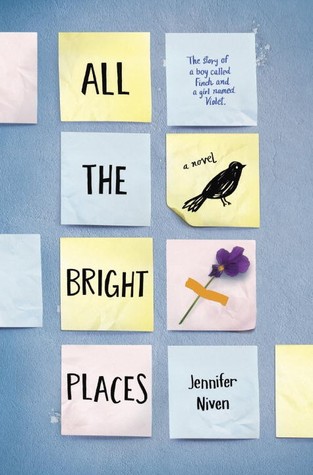(This
review contains spoilers)
Thirteen is compelling, but problematic in places.
It
tells the harrowing tale of Ivy, a girl escaped after being held for thirteen
years captive in a basement. Each episode we gather more pieces to the puzzle
of Ivy’s life as she tells her story to police as they desperately search for
her captor, whilst Ivy tries to piece her life together after over a decade
away from the world she knew.
When
making a story about a girl who has been traumatically abused it is important
to be sensitive. And Thirteen sort of
is. But it’s also sort of problematic.
The
good stuff is the characters. We are given a whole host of them over the 5
episodes. From the cheating father reunited with the slighted mother to reunite
the family, to the married first love, and a long-lost druggie friend, it’s
clear Ivy’s life is not the way that she left it. And there lies the key to the
conflict that we see over all the five parts, Ivy coming to terms with the fact
everything has changed and the need to pin the blame somewhere.
And
it all comes to a starting revelation she screams at her captor in the final
part “I used to think that it was everyone else’s fault for changing, but it’s
not, it’s yours.”
Ivy’s
Stockholm Syndrome was muddied from the beginning, initially brought up by D.S.
Lisa Merchant, spoken like it was a crime, not a psychological condition. The
main problem comes from the tension Thirteen
is trying to create. We are made aware from the beginning that there are
flaws in Ivy’s story. Inconsistencies are shown at every moment to keep us on
the edge of our seat. But there is an odd narrative of victim-blaming from D.S.
Merchant, as if Ivy had the opportunity to get out of her situation and chose
not too. But Ivy is a by-product of trauma and confusion, being fed continuous
lies by her captor. It all makes me a tad uneasy that a detective can’t
understand the serious implications of emotional, physical, and sexual abuse.
But in order to create drama, parts of Ivy’s story had to be made to be false,
to prolong the hunt for her captor.
And
boy, was that an intense hunt. After Mark White, the kidnapper, takes a
10-year-old child the pressure is amped up.
Then more bones are found. And when I say bones, I mean literally a
skeleton in a basement. Thirteen grips
you hard when it comes to finding out what happens next.
Thirteen’s masterpiece lies in how
cleverly it is done. There are no extended flashbacks to Ivy’s life in
captivity; even the descriptions are bare boned. Everything we take from the
horrific experience Ivy had is from her behaviour and interactions with others.
The tension builds through creepy phone calls and startling revelations, rather
than explosions and violence.
Which
is why I ultimately found the ending disappointing. Thirteen could have ended with a bang without ending with a literal
explosion. It followed with none of the emotional repercussions that it felt it
was ultimately building towards.
Thirteen was a great way to kick off
BBC3’s online presence. Gritty, provocative, and compelling, I ended up
watching 4 episodes straight this week. What makes Thirteen so powerful is the frightening likelihood of the horror of
it. Children go missing all time. And we just need to look at a newspaper to
see the psychos in society. And if you bear that in mind whilst watching it,
that’s when the horror truly comes to life.
Rating: 7/10


